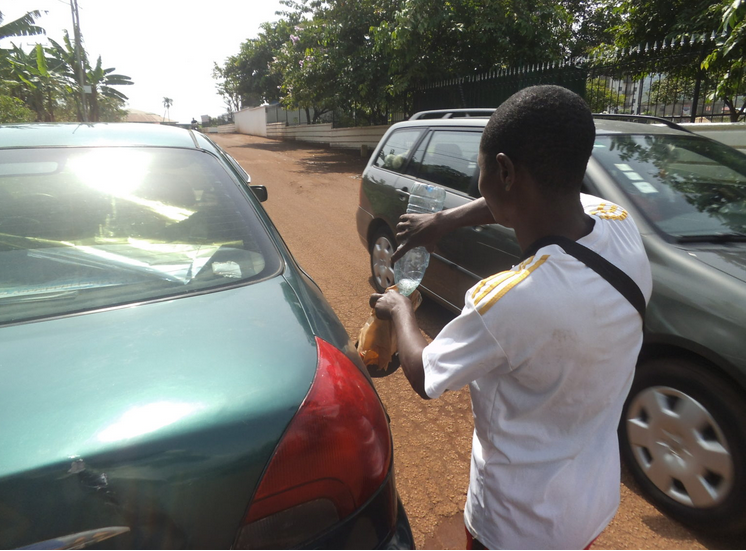IMF: Fuel Subsidies Were Underestimated By 200 Billion In 2022
- by Jator NJENYU
- 26 Jul 2023 18:43
- 0 likes

In that context, the IMF urges Cameroon to gradually phase out all fuel subsidies, except for domestic gas
Cameroon’s expenditures on fuel subsidies were underestimated in 2022, the IMF reveals in its country report published on July 10, 2023, on the country.
"[...] higher oil prices also increased the budget cost of the fuel subsidy in the absence of domestic fuel price adjustment. The total cost of the fuel subsidy in 2022 is estimated at over FCFA 900 billion (3.4 percent of GDP) compared to FCFA 600 billion (2.2 percent of GDP) in the revised 2022 budget," the report informs.
In his 2022 end-of-year and 2023 New Year message to the Nation, President Paul Biya estimated fuel subsidies at nearly CFAF700 billion. The amount revealed by the IMF is therefore more than FCFAF 200 billion higher than the figure communicated by the Head of State. This discrepancy is “due to the validation of some 2022 fuel importers’ bills in 2023," the IMF indicates.
As a result, "an additional fuel subsidy cost of FCFA 330 billion (1.1 percent of GDP) will be carried over to 2023, bringing the fuel subsidy spending in the 2023 budget to FCFA 453 billion (1.5 percent of GDP)".
The hike in Cameroon’s expenditures on fuel subsidies in 2022, thanks to post-Covid impacts and the Russia-Ukraine war, prompted Cameroonian government to increase retail prices of fuel, effective from February 1, 2023. This increase, decided under IMF pressure, raised the prices per litre of gasoline, diesel, and kerosene used by industries by 15 percent, 25.2 percent, and 36.5 percent, respectively.
Nevertheless, while this increase in retail prices of fuel reduces the amount of subsidy the government will allocate to fuels, it is not the subsidy cancellation the IMF would have hoped for in the framework of its economic and financial programme with the IMF. In that context, the Bretton Woods institution urges Cameroon to gradually phase out all fuel subsidies, except for domestic gas.
In a rating action commentary published on May 26, 2023, U.S. rating agency Fitch maintains that Cameroon will proceed to new fuel price adjustment in the next two years. “Further fuel price hikes are expected in 2024 and 2025, in line with the objective to gradually eliminate fuel subsidies,” Fitch informed.
The IMF may have even requested a new increase in retail fuel prices as one of the conditions for the fifth disbursement, expected for December 2023, under the economic and financial programme with Cameroon. The same point may well be one of the requirements for future disbursements since, according to Fitch, while the programme ends in 2024, Cameroon and the IMF could extend it until 2025 to "anchor fiscal consolidation and reform momentum."








Comments